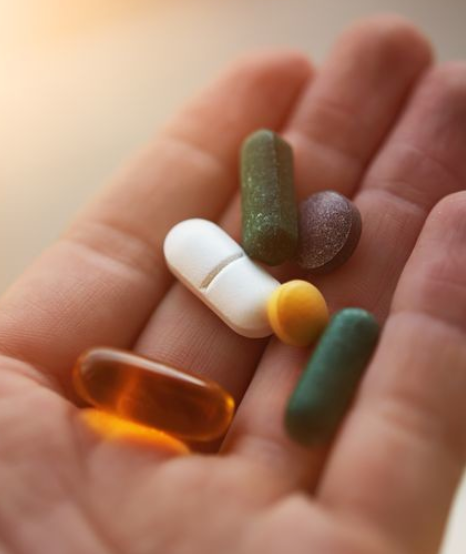A recent study on prenatal supplements raised concerns about potential heavy metal contamination and labeling inaccuracies. However, both the Council for Responsible Nutrition (CRN) and the United States Pharmacopeia (USP) have clarified that the study misapplied heavy metal standards, and no products exceeded the acceptable limits.
The study, published in the American Journal of Clinical Nutrition, was conducted by experts from the University of Colorado Anschutz Medical Campus. Researchers tested 47 prenatal multivitamin and mineral (PMVM) products, including 15 prescription supplements, to evaluate their nutrient content and the presence of heavy metals. The results raised alarms about possible risks to pregnant women and their babies, particularly due to incorrect labeling and contamination by substances like arsenic, lead, and cadmium.
Labeling Discrepancies Found
The researchers focused on the nutrients choline and iodine, both of which are critical during pregnancy. They found that only 12 of the 47 products listed choline content on their labels, and just five of those met the stated amounts within 20%. Additionally, iodine levels were listed on only 25 products, and only four of them met their label claims. The majority of the products tested showed deficiencies, with 20 iodine products being more than 20% understrength.
Heavy Metal Concerns Misunderstood
While the study raised concerns about the levels of heavy metals in some products, both the CRN and USP pointed out significant errors in the application of the standards for these substances. USP clarified that the limits referenced in the study were for ingredient testing, not for finished products. When the correct standards were applied, the heavy metal levels in the supplements were found to be well within safe limits, with no products exceeding acceptable thresholds for daily consumption.
The CRN also addressed the issue, explaining that the study’s findings were misleading. They noted that the appropriate standards, according to USP Chapter 2232 for dietary supplements, show that trace amounts of heavy metals in prenatal supplements are not a health risk, which was also confirmed by a recent report from the Government Accountability Office (GAO).
Damage Already Done
CRN President Steve Mister expressed frustration over the initial media reaction to the study’s claims. He highlighted that the misinformation had already caused unnecessary anxiety among many women, who feared for the safety of their prenatal vitamins. Mister called for a retraction of the press release that accompanied the study, which he described as inflammatory and misleading.
Looking Forward
In response to the confusion, Dr. Laura Borgelt, the study’s corresponding author, acknowledged the misapplication of the heavy metal standards. She confirmed that while some products did contain trace amounts of heavy metals, these levels did not exceed the USP’s standards for finished products. Borgelt and her team are working on correcting the errors in their analysis and plan to release a revised version of the study.
In the end, while the study’s results have generated concern, the misapplication of testing standards has led to an unnecessary alarm. Manufacturers invest considerable resources into developing safe and effective products, and the complexity of testing complex formulations may lead to inaccuracies when using generic testing methods. Moving forward, the industry hopes for a more accurate and balanced understanding of prenatal supplement safety.

Leave a Comment